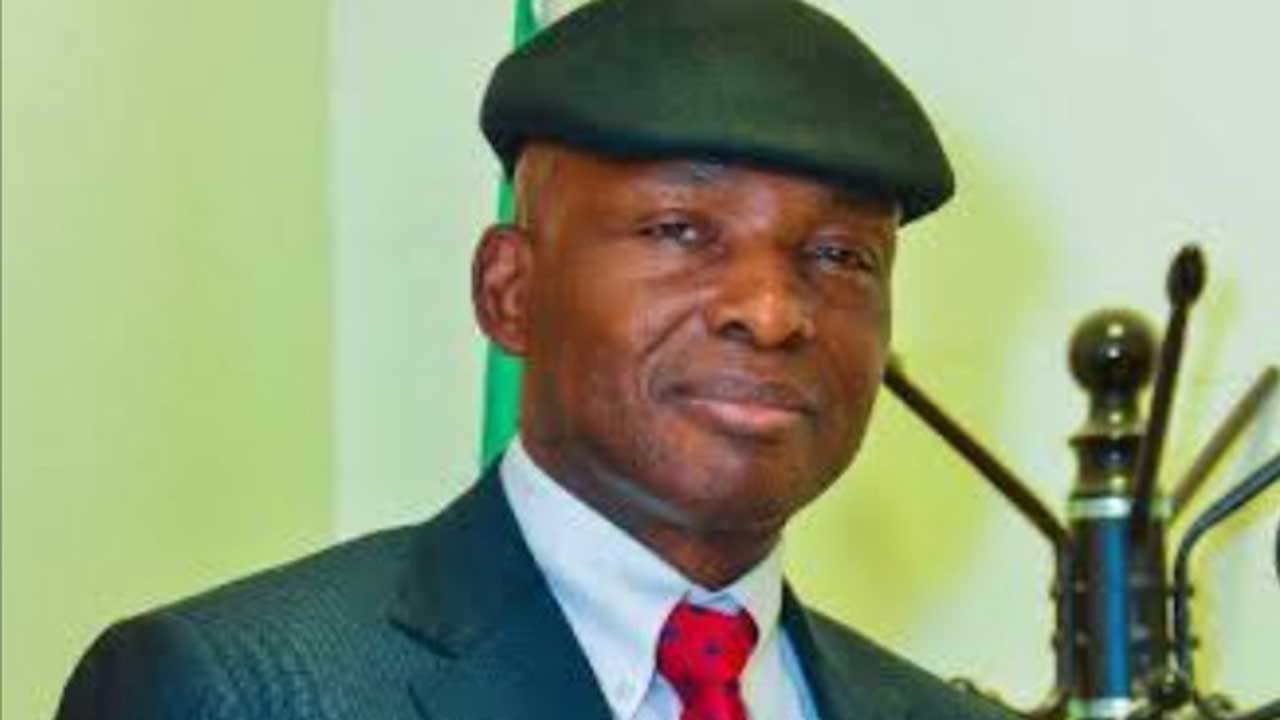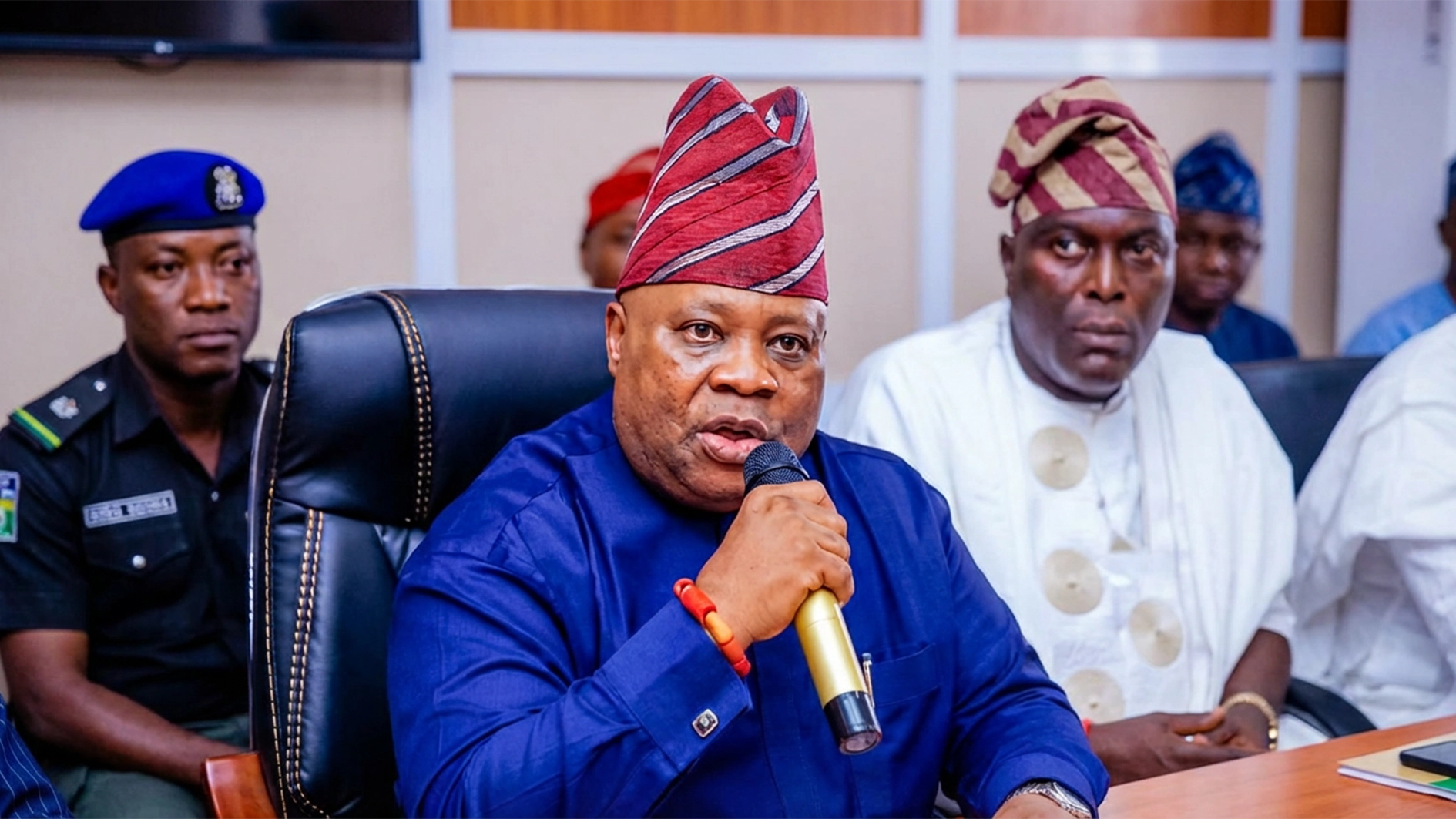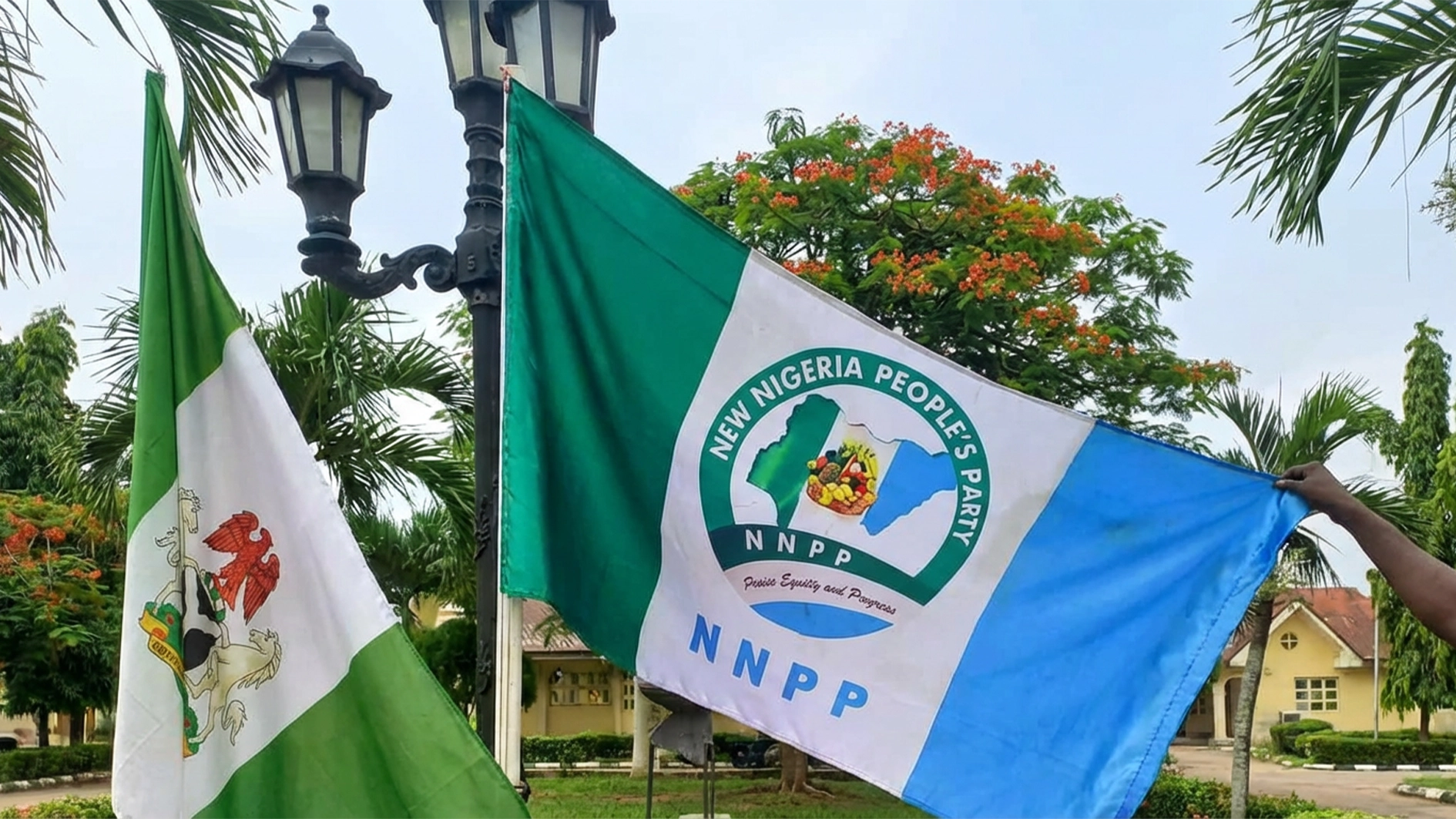
• Blames Abacha for leading military cabal opposed to election
• Reveals ‘strange’ role played by Justice Minister Akpamgbo, others
• ‘I did not support activities of Arthur Nzeribe’s ABN’
• CUPP calls for posthumous recognition of Abiola as former president
The late Bashorun MKO Abiola once predicted that truth would eventually triumph over falsehood. Thirty-two years later, former Military President General Ibrahim Babangida, has proved him right. Babangida, who annulled the June 12, 1993, presidential election, has admitted that Abiola won convincingly.
Reflecting on his controversial decision, Babangida described it as a regrettable chapter orchestrated by a cabal within his administration.
“To suddenly have an announcement made without my authority was, to put it mildly, alarming. I remember saying: ‘These nefarious ‘inside’ forces opposed to the elections have outflanked me!’ I would later find out that the ‘forces’, led by General Abacha, annulled the elections. There and then, I knew I was caught between ‘a devil and the deep blue sea’. From then on, the June 12 elections took on a painful twist for which, as I will show later, I regrettably took responsibility,” he explained.
Speaking during the presentation of his autobiography ‘A Journey in Service,’ the former president said: “Undoubtedly credible, free and fair elections were held on June 12, 1993. However, the tragic irony of history remains that the administration which devised a near-perfect electoral system and conducted those near-perfect elections could not complete the process.
“That accident of history is most regrettable. The nation is entitled to expect my expression of regret. As a leader of the military administration, I accept full responsibility for all decisions taken under my watch.”
He added: “And June 12 happened under my watch; mistakes, oversights and missteps occurred in quick succession. But as I say in my book, in all matters, we acted in the supreme national interest so that Nigeria could survive.
“Our nation’s march to democracy was interrupted; a fact I deeply regret. But Nigeria and democracy are still alive, a testament to commitment.”
The journey to the annulment of the June 12 election, however, began two days before the election when a judge granted an injunction stopping the electoral commission from proceeding with the polls. A group known as the Association for a Better Nigeria (ABN), led by Arthur Nzeribe, had filed the lawsuit.
Babangida admitted in his autobiography that Nzeribe was close to him but denied supporting the activities of ABN.
“From out of nowhere, on June 10, two days before the presidential election, the same shadowy group, ABN, which had been campaigning for an extension of military rule, approached the Abuja High Court of Justice Bassey Ikpeme for an injunction to stop NEC (National Electoral Commission) from conducting the elections.”
“Unknown to me at the time, Justice Ikpeme, who was relatively young at the Bench, had worked in the chambers of the Attorney-General and Minister of Justice, Clement Akpamgbo. Strangely, Justice Ikpeme, in the dead of night, in clear violation of Decree 13, which barred any court from interfering with NEC’s conduct or scheduling of the elections, granted the ABN an injunction stopping NEC from conducting the June 12 elections. There was confusion everywhere.”
Babangida said he quickly convened an emergency meeting of the National Defence and Security Council (NDSC), the country’s highest governing body, to discuss the way forward.
He said, “On Friday, June 11, as the NDSC meeting was going on, I learned that a Lagos High Court had ruled that NEC should go ahead with the elections. The NDSC meeting on Friday, June 11, only hours before the scheduled elections, was one of the stormiest meetings I ever conducted as President. Strangely, the Attorney-General and Justice Minister, Akpamgbo, who was the nation’s chief law officer and who ought to know that the Justice Ikpeme court order violated an extant law (and was tacitly supported, it turned out, by some of my topmost military officers), advised that the elections be postponed in compliance with the Abuja court order.
“Professor Nwosu insisted, to the dismay of my top military colleagues, that he had enough powers under the law to proceed with the elections. The arguments went on for hours in a tense atmosphere, populated by some who wanted the elections postponed, among them the Chief of Defence Staff, General Sani Abacha, Lt-General Joshua Dogonyaro, and a few Service Chiefs. But I had my views bottled inside me! Even before Professor Nwosu presented his compelling argument, I decided that the elections should proceed, backed firmly by the Chief of Army Staff, Lt-General Salihu Ibrahim.”
Babangida said he looked across the room and said to Nwosu: “Go ahead with the elections. Go to your office, hold a world press conference and tell everyone the elections will be held tomorrow as planned.”
He added that on June 16, Nwosu suddenly stopped the announcement of the election results, even though the voting had been peaceful and orderly.
“And then, on June 16, without my knowledge or prior approval, NEC Chairman, Professor Nwosu, announced the suspension of the June 12 election results ‘until further notice’. I knew instantly that certain fifth columnists were at work and that there was a need for extra care! Even after that suspension of the announcements of results, ABN obtained another ‘strange’ court order from Justice Saleh’s court in Abuja, stopping the release of the results of the elections,” he wrote.
On June 23, Babangida left Abuja for Katsina to commiserate with the Yar’Adua family over the death of their patriarch, Musa Yar’Adua, former minister of Lagos affairs and father of Umaru, the late Nigerian president who died in office in 2007.
Babangida narrated: “The funeral had taken place, and as I got ready to leave, a report filtered to me that the June 12 elections had been annulled. Even more bizarre was the extent of the annulment because it terminated all court proceedings regarding the June 12 elections, repealed all the decrees governing the transition and even suspended NEC! Equally weird was the shabby way the statement was couched and made. Admiral (Augustus) Aikhomu’s press secretary, Nduka Irabor, had read out a terse, poorly worded statement from a scrap of paper, which bore neither the presidential seal nor the official letterhead of the government, annulling the June 12 presidential elections. I was alarmed and horrified.
“Yes, during the stalemate that followed the termination of the results announcement, the possibility of annulment that could lead to fresh elections was loosely broached in passing. But annulment was only a component of a series of other options…”
THE keenly contested election was between Abiola of the defunct Social Democratic Party (SDP) and the candidate of the National Republican Party (NRC), Alhaji Bashir Tofa.
It will be recalled that after the historic poll, described as the freest and fairest in Nigeria’s history, counting had been completed before Babangida stopped the official release of the results by Prof Humphrey Nwosu, the chairman of the defunct National Electoral Commission (NEC). In a nationwide broadcast on June 23, 1993, Babangida announced that the election had been cancelled by the Armed Forces Ruling Council (AFRC), the highest organ of state during his regime.
However, it was already public knowledge that Abiola polled 8,341,309 votes (58.36 per cent), while Tofa, who lost his Kano State to Abiola, garnered 5,952,087 votes (41.64 per cent) of the total votes cast.
In fact, celebrations of Abiola’s victory had begun in Lagos and many states before the unexpected annulment, which dashed the hopes of many Nigerians for democratic governance.
Peaceful protests across the country greeted the military action to cancel the election, while Abiola and his supporters approached the court for the revalidation of the election process.
Indeed, some members of the Senate in the aborted Third Republic, led by the current president, Bola Tinubu, sponsored motions at the National Assembly to compel Babangida and his military cabal to officially release the election result and inaugurate the winner, but to no avail.
When all the legal and democratic efforts to persuade the military to de-annul the election failed, and the military resorted to arresting pro-democracy activists, peaceful protests turned violent.
In the heat of the nationwide protests, Babangida “stepped aside” on Thursday, August 27, 1993, and handed over power to the late Chief Ernest Shonekan as Head of the Interim National Government (ING).
Babangida had reasoned that, since Shonekan was from Abeokuta, Ogun State, like Abiola, the protests for the revalidation of the June 12 election would subside. Besides, Shonekan was a technocrat who was not involved in politics. However, he was wrong.
By November 17, 1993, less than three months after Shonekan was sworn in, the maximum ruler, the late Gen. Sani Abacha, ousted him and took over the reins of power. The country descended into a full dictatorship, with Abacha becoming ruthless in suppressing protesters and those demanding the restoration of June 12.
On June 12, 1994, following his Epetedo, Lagos, declaration the previous day, Abiola declared himself the President of the country. He was subsequently arrested.
Security operatives arrived at his residence on Toyin Street, Ikeja, Lagos, around 2:30 a.m., in the presence of many journalists and protesters who had joined him earlier in the afternoon for a rally that moved from Surulere to his residence.
Abiola was whisked to Abuja and placed under the watch of Abacha’s Chief Security Officer, Major Hamza al-Mustapha.
His arrest and incarceration gave rise to several pro-democracy groups, notably NADECO, which coordinated their activities in response. Some members were killed or imprisoned, while others escaped Abacha’s killer squad and fled to the UK and the United States, from where they continued to fight for the restoration of democracy in Nigeria.
However, Abacha died on June 8, 1998, at a time when he had concluded plans to transform himself into a civilian president. All five political parties he adopted for the election during his transition period had endorsed him as the sole presidential candidate.
Curiously, a few days after Abacha’s death, Gen. Abdulsalami Abubakar, who succeeded him, promised to return the government to civilian rule and appealed to NADECO members to return to the country.
While negotiations for Abiola’s release were said to have been concluded, he was announced dead on July 7, 1998, in a controversial manner.
MEANWHILE, the Coalition of United Political Parties (CUPP) has called for the immediate posthumous declaration of the late Chief Moshood Abiola as a former president of Nigeria, following the validation of his victory by Babangida.
CUPP’s National Secretary, Chief Peter Ameh, made the appeal yesterday, urging President Bola Ahmed Tinubu to take decisive action to formally recognise Abiola’s mandate.
Ameh described the annulment of the historic election as a turning point that plunged the nation into political chaos and left a lasting impact on Nigeria’s democratic and developmental trajectory.
Speaking in Abuja, Ameh said: “The unfortunate annulment orchestrated by Babangida has had far-reaching consequences, perpetuating electoral theft and undermining the country’s democratic growth. The validation of Abiola’s victory at the launch of Babangida’s autobiography on Thursday underscores the importance of upholding democratic principles and the rule of law.”
He emphasised that the annulment not only disrupted the country’s democratic process but also weakened trust in the electoral system, adding: “The consequences of this annulment have been profound. Nigeria’s development and growth have been hindered by the persistence of electoral theft and undemocratic interference. The country’s democratic institutions have been weakened, and the people’s trust in the electoral process has been eroded.”
“In light of these circumstances, it is imperative that we recognise Abiola’s rightful place in Nigeria’s history. Declaring him posthumously as the former President of Nigeria would be a significant step towards healing the wounds of the past and promoting national reconciliation,” he said.
He further urged Nigeria’s leadership to learn from the experience of June 12 and work towards building a more democratic and just society, noting: “Recognising Abiola’s presidency posthumously would promote national healing, reconciliation, and democratic growth.”






